The Core i7-8750H is the new mainstream processor for gaming and other types of performance laptops released on April 3rd 2018, as part of the Intel Coffee Lake platform.
It’s one of the first 6-core mobile processors from Intel and it’s meant to replace last year’s mainstream option, the Core i7-7700HQ based on the KabyLake platform.
In this article we’ll talk about the i7-8750H’s main traits and features, and then we’ll show you how it fares against the Core i7-7700HQ and the more affordable Coffee Lake Core i5-8300H, but also how it compares to the Ryzen 7 1700 architecture available on a limited number or performance notebooks.
For starters, the Core i7-8750H is a six-core processor with HyperThreading and TurboBoost, part of the Intel Coffee Lake H family of high-performance mobile processors, and built on the revised 14++ nm lithography. The Cores are clocked at 2.2 GHz, but they can Turbo up to 4.2 GHz (Max Single Core Turbo).
Other technical details include a max TDP of 45W, 9 MB of L3 Cache and support for up to 2666 MHz dual-channel DDR4 memory. Coffee Lake also introduces the new Intel 300 chipset, with support for enhanced audio and IO, including faster wireless connectivity, better optimized TB3 support and configurations with Intel Optane memory, which supposedly helps speed up everyday tasks like opening documents and loading games. You’ll find more about the Coffee Lake platform for laptops from this article.
The table below includes the i7-8750H’s main specs and shows how it compares to the mainstream KabyLake i7 and the more affordable Coffee Lake i5 alternative.
| i7-8750H (Ark) |
i7-7700HQ (Ark) |
i5-8300H (Ark) |
|
| Litography | 14++ nm | 14+ nm | 14++ nm |
| TDP | 45W | 45W | 45W |
| Cores/Threads | 6/12 | 4/8 | 4/8 |
| CPU Base Frequency | 2.2 GHz | 2.8 GHz | 2.5 GHz |
| Turbo – All Cores | 3.9 GHz | 3.4 GHz | 3.1 GHz |
| Turbo – 1 Core | 4.1 GHz | 3.8 GHz | 3.5 GHz |
| L3 Cache | 9 MB | 6 MB | 8 MB |
| Memory |
DDR4 – 2666 Mhz | DDR4 – 2400 Mhz | DDR4 – 2666 Mhz |
| Graphics | Intel UHD 630 | Intel HD 630 | Intel UHD 630 |
Compared to the i7-7700HQ, the Coffee Lake i7 gets two more cores and four extra threads, while maintaining a similar TDP of up to 45 W. The cores are clocked lower, with a Base Speed of just 2.2 GHz, but can reach higher Turbo frequencies (4.0 for four cores and 3.9 for all the six cores), which means performance per core is increased if the cores are able to maintain their top Turbo Boost Speeds in demanding loads. The i7-8750H also gets more cache memory (9 vs 8 MB of RAM) and support for faster DDR4 memory.
All these translate in superior performance in benchmarks, as you’ll see in the next section of this article, as well as in real-life multi-thread loads.
| i7-8750H | i7-7700HQ | i5-8300H | Ryzen 7 1700 | |
| 3DMark 11 – Physics | 10891 | 8838 | 9360 | 12345 |
| 3DMark – Fire Strike Physics | 14228 | 10631 | 11872 | 16682 |
| Cinebench R15 CPU | 1087 cb | 734 cb | 801 cb | 1416 cb |
| Cinebench R15 CPU – Single Core | 175 cb | 159 cb | 166 cb | 143 cb |
| Cinebench R11.5 CPU | 11.51 pts | 8.1 pts | 7.73 pts | 15.61 pts |
| Cinebench R11.5 CPU – Single Core | 1.98 pts | 1.8 pts | 1.86 pts | 1.63 pts |
| Geekbench 3 32-bit – Single Core | 4176 pts | 3675 pts | 3740 pts | 3800 pts |
| Geekbench 3 32-bit – Multi Core | 20868 pts | 14102 pts | 15050 pts | 26873 pts |
| Geekbench 4.1 64-bit – Single Core | 5138 pts | 4635 pts | 4771 pts | 4092 pts |
| Geekbench 4.1 64-bit – Multi Core | 20041 pts | 14783 pts | 14788 pts | 23725 pts |
| PassMark CPU | ~14450 | ~8900 | ~9780 | 14522 |
| PCMark 10 – Productivity | ~7200 | ~7000 | ~6950 | 7006 |
| PCMark 10 – Digital Content Creation | ~5400 | ~5400 | ~4600 | 6351 |
| x264 HD Benchmark 4.0 – Pass 1 | 205.69 fps | 168.4 fps | 188.3 fps | 156.7 fps |
| x264 HD Benchmark 4.0 – Pass 2 | 66.53 fps | 46 fps | 51.38 fps | 65.5 fps |
The i7-8750H results above are based on a single test unit (as of April 3rd 2018), a mid-range gaming laptop with 32 GB of DDR4-2666 MHz RAM and PCIe SSD storage. They can differ from implementation to implementation and we’ll update them as we test more laptops built on this Coffee Lake i7 hardware. The i7-7700HQ results are based on the averages from notebookcheck.net, while the i5-8300H results are based on a few of our own test units. We’ve also included the Ryzen 7 1700 in here, which motorizes the Asus ROG GL702ZC, just to show how the i7-8750H fares against one of the most powerful CPU configurations available in a notebook right now.
According to these results, the i7-8750H is about 10% faster than the i7-7700HQ CPU in single-core loads and 15-25% faster in multi-core loads, due to having more cores/threads and its ability to maintain higher Turbo Boost frequencies. The Coffee Lake i5-8300H is mostly on par with the i7-7700HQ and even a little faster in multi-core loads, so the Coffee Lake i7 tops it as well, but is also a significantly more expensive option ($395 for the i7, $250 for the i5).
As far as the comparison to the Ryzen 7 1700 build goes, this ones retains its lead in multi-core loads, as it’s an 8-core/16-threads solution, but the i7-8750H outmatches it in single-core tasks.
When we draw the line, the Coffee Lake i7-8750H is a significant upgrade over last year’s i7-7700HQ and a solid reason to go for a configuration built on this 8th gen i7 in the second part of 2018. I expect most gaming laptops and high-performance notebooks to get a hardware refresh in the weeks and months to come, and there’s a fair chance many will get a few extra tweaks as well. And don’t forget that this 8th gen platform is not just about the bump in performance, but also about the extras provided by the new chipset (improved IO, Optane support, fast integrated wireless).
Bottom point, if you’re in the market for a new powerful notebook and plan to run applications that can benefit from the extra oomph provided by the 8th gen CPUs (programming/engineering software, VR, content editing, streaming), you should get a configuration based on the i7-8750H. On the other hand, if you’re primarily interested in a gaming laptop, you should also consider than you could save a pretty penny with an i5-8300H or even an older i7-770HQ configuration, without majorly affecting your gaming experience.

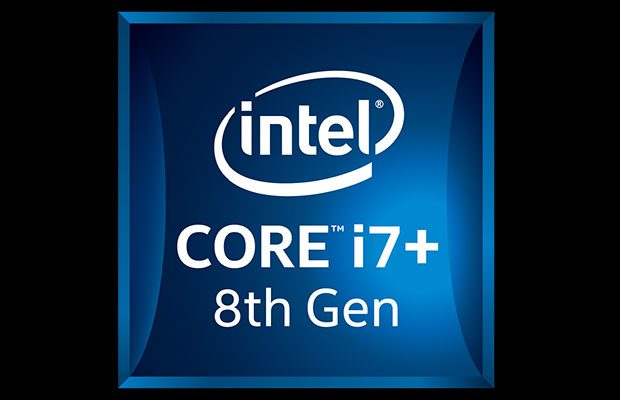
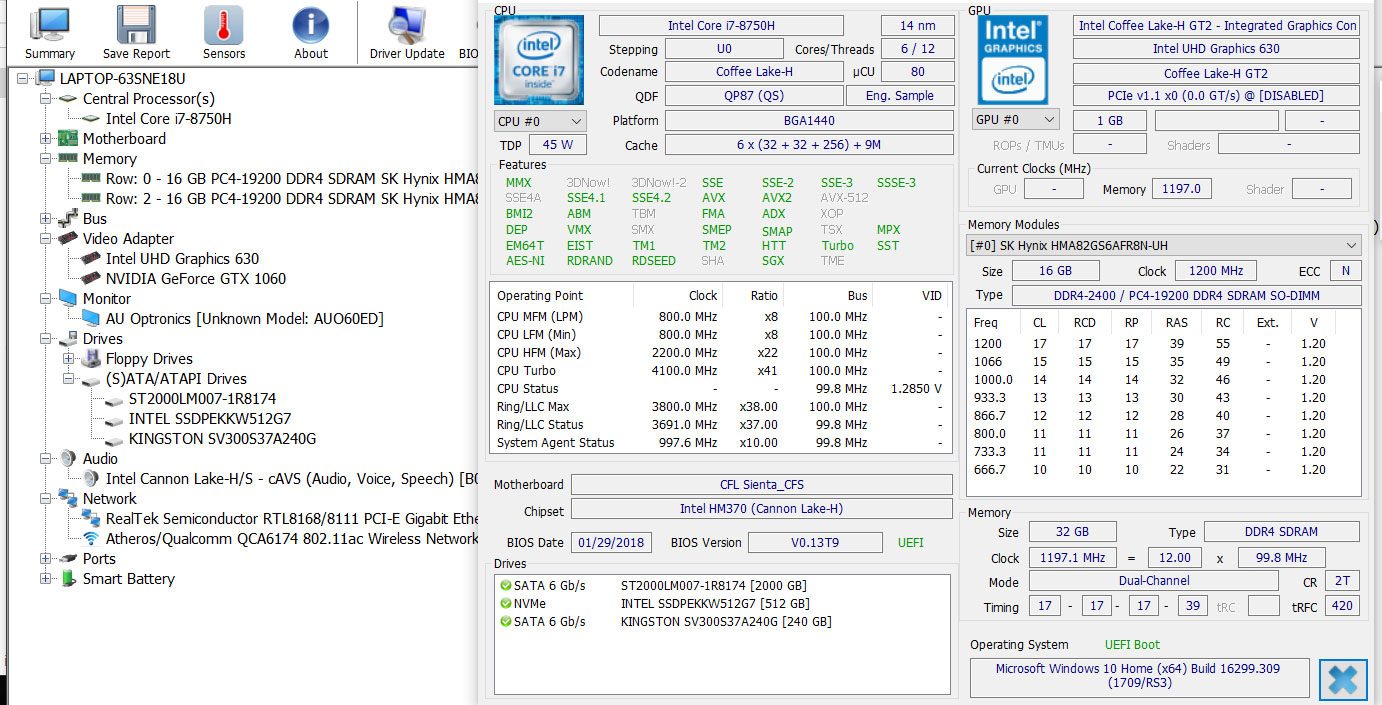
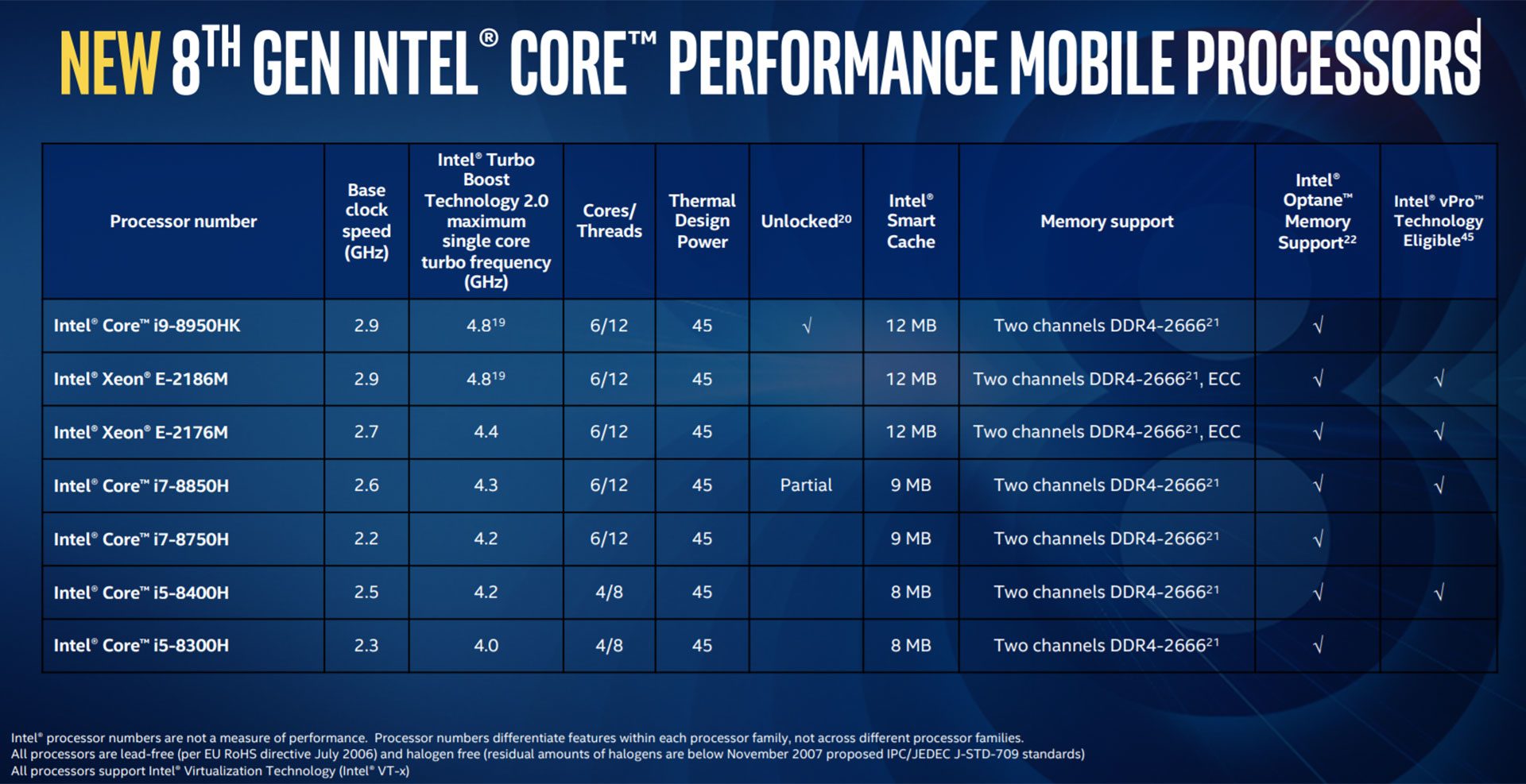

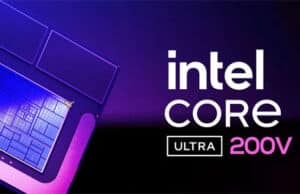
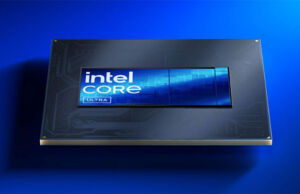
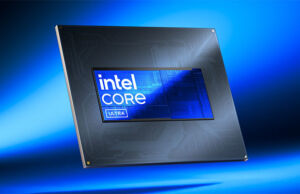
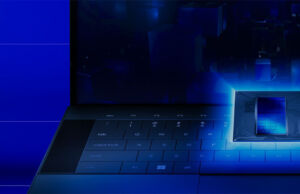
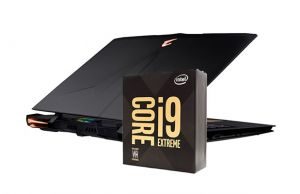
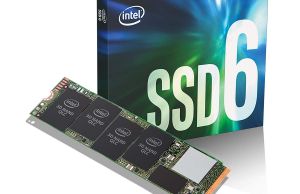
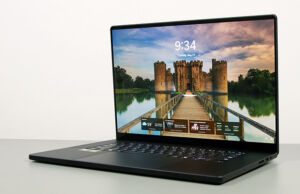
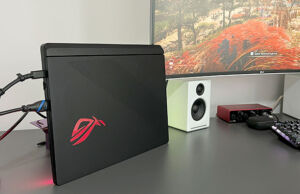
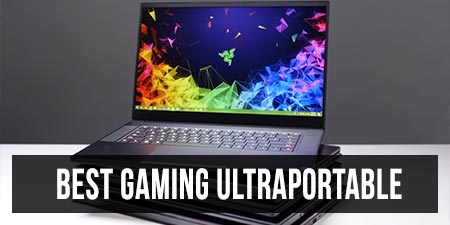
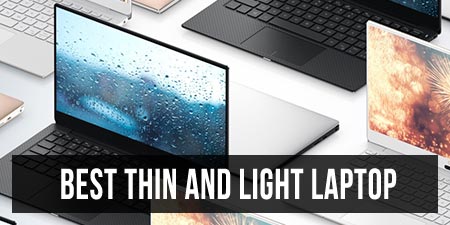
TheRyGuy
April 10, 2018 at 7:35 pm
"I expect most gaming laptops and high-performance notebooks to get a hardware refresh in the weeks and moths to come"
I think you mean "months"
Andrei Girbea
April 11, 2018 at 10:57 am
Thanks :)
Ignatius Reilly
April 15, 2018 at 6:03 pm
off-topic: any chance of a asus ux461un review?
Andrei Girbea
April 15, 2018 at 9:45 pm
maybe, but can't promise
Thesis86
May 24, 2018 at 5:32 am
So…I like the look of the i5-8300H. I'm only gonna be using my high end laptop for my music purposes. And I see both the Cinebench and Passmark scores report some modest improvements and support for faster RAM
PK
July 1, 2018 at 12:49 pm
I'm looking to get a powerful laptop for virtualization (vmworkstation). Would you recommend this CPU over other mobile processor in the range?
michael vettese
November 14, 2018 at 7:49 am
This is a great time to get a laptop for gaming. I can understand your point about saving some money but laptops have dropped in price this year so I may be better to go for the 8750h for longevity purposes. I bought my laptop for a little over a $1000 and it has 16 gigs of RAM with a GTX 1060 6gb card. A 256 SSD m.2 and 1 TB hard drive. It's an HP Omen and it has good airflow coming out the back with two fans on either side kicking and out. And I was using the Precision software to overclock the card on the laptop and I was able to bump it up quite a bit. Anyway, back on topic. the other reason I would go for the 8750h is because of the hyper threading which I was surprised they even put in this laptop being that the price was so low. I have a desktop 7700k but mine just runs like crap after all the windows updates and the Spectre meltdown thing. Anyways thanks for sharing I'm writing about this because I think people should know this is a good chip. Basically an 8700k toned down. I play my VR flawlessly with it.